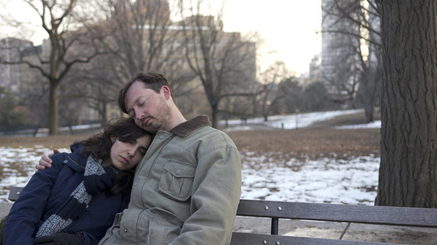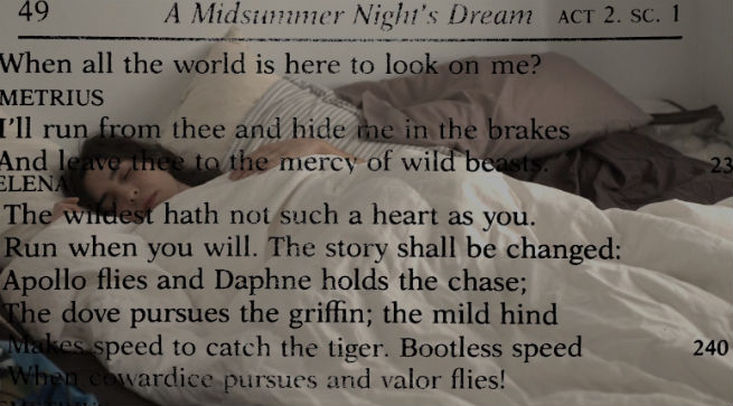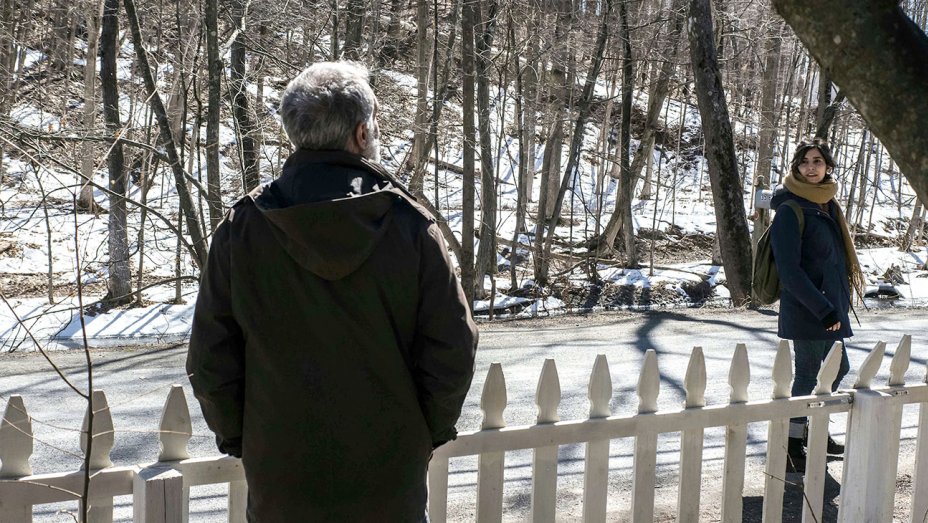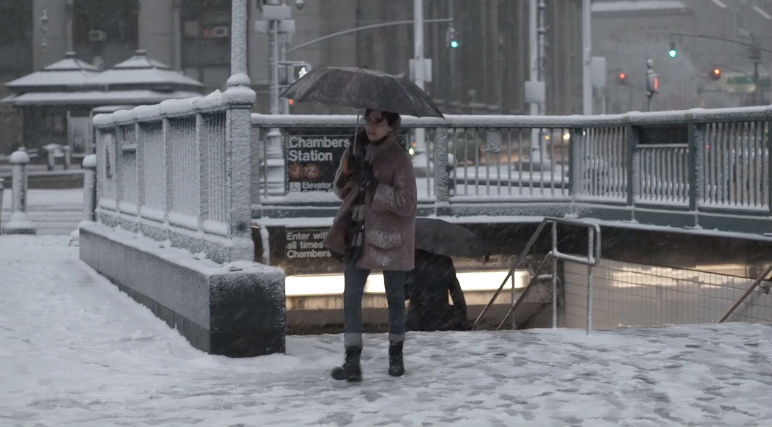 Matias Pineiro's Hermia & Helena is subtle yet rich, a beautifully constructed film about dead ends and new beginnings, capturing the idyllic uncertainties and decisions which sculpt life itself. Following a young Argentina theater director, who travels from Buenos Aires to New York to attend residency and help with the Spanish translation of Shakespeare's "A Midsummer Night's Dream", Pinerio's Hermia & Helena is a character-driven story, which uses narrative structure and artistry to near perfection, in telling its tale of a young woman who has come to both physical and emotional crossroads in her life. Through its oscillating structure, which goes back and forth between New York and Argentina, Hermia & Helena slowly unravels the character of Camila, revealing more and more of herself to the audience as the film progresses, exhibiting a woman who is vibrant yet also feels a sense of alienation, a character who herself is simply trying to make the right decisions for the sake of her future and her overall happiness. Details of Camila's life are slowly revealed throughout the cleverly structured narrative, detailing a woman whose at somewhat of a crossroads in her life, unsure about not only her professional life, but also her personal life, as the film slowly reveals a character who is indecisive when it comes to romance, while also establishing later in the film that she never met her biological father, a man who lives nearby in upstate New York. Hermia & Helena's visual design is structured yet free-flowing, using cinematography which is very precise in its use of static composition, yet often delivers moments of free-flowing camera movements which also give a sense of freedom, an air of uncertainty and intimacy, visually expressing the introspective nature of our main protagonist, a woman whose work as a translator is full of precision, yet whose life itself is stuck between two worlds, yet full of endlessly possibilities. Pinero's direction is understated, yet creative, with his interlaced photography, particularly during slow-forming transitional shots, creating an atmosphere of uncertainty and change, visually expressing the main protagonist's entangled emotions. One of my favorite sequences involves when Camilla goes to see her father, a man she has never met in person. During a powerful scene where they get to know one and other, they ask each other questions, each getting a turn to ask the other what they want. Instead of going back and forth between these two characters, PInero's lens statically focuses on each character for an extended period of time, not changing up the composition when the other person asks a question, opting instead to stoically stare into the soul of each of these characters, exposing what they are like both on the offensive, when it is their turn to ask their question, and when they are at their most fragile, when it's their turn to answer a question from the other. This decision, Pineiro's insistence in not letting the character's breath, visually goes a long way in capturing both these characters internal state, one where inquisition, fragility, honesty, and openess, all converge in a moment of quiet, touching jubilation between father and daughter. Perhaps the filmmaker's most clever yet telling directorial decision comes literally over the final credits of the film, a static shot of a door opening and closing, a simple yet effectively use of symbolism that exhibits the oscillating nature of Camila, a character who is full of indecision, stuck at a crossroads of life, between her old life in Buenos Aires and her potential new beginnings in the states. The way Hermia & Helena unravels, through its oscillating structure and light tone, Pineiro has delivered a film which manages to be breezy yet introspective, full of universal truths and emotional honesty, which beautifully exhibits the inner workings of a character who feels stuck between two worlds, full of uncertainty, yet driven by the promise and endless possibilities which are presented for her to explore.
0 Comments
Leave a Reply. |
AuthorLove of all things cinema brought me here. Archives
June 2023
|



 RSS Feed
RSS Feed
